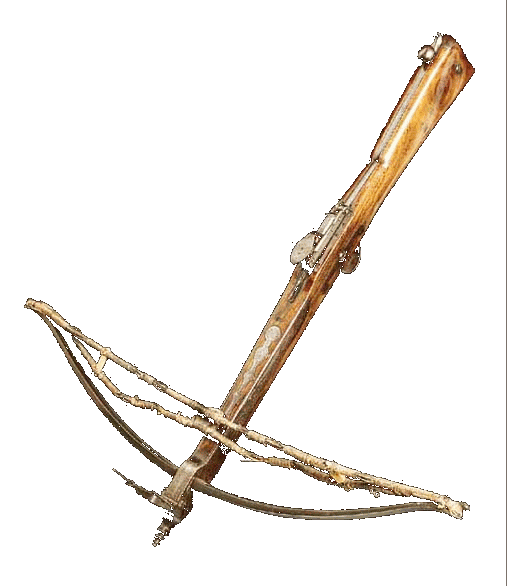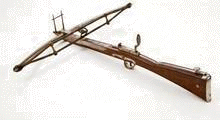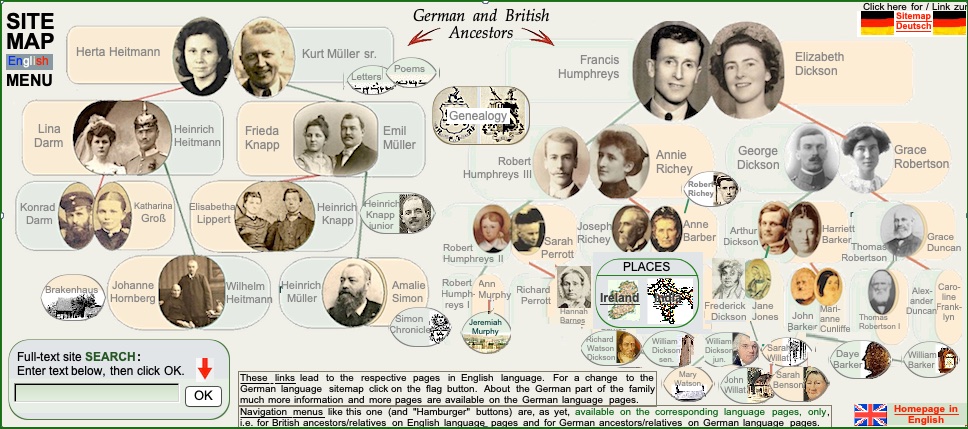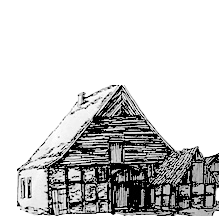born February 1714 in Wolstanton, England
died 1787 in England.
died 1787 in England.




Diese Seite auf
Deutsch
Deutsch



This page in German





Diese Seite auf
Deutsch
Deutsch




Diese Seite auf
Deutsch
Deutsch




Diese Seite auf
Deutsch
Deutsch
Family history Müller - Humphreys
© Kurt Müller 2012




Homepage auf
Deutsch
Deutsch




Homepage auf
Deutsch
Deutsch




Homepage auf
Deutsch
Deutsch


Homepage in
English
English



Homepage in
English
English




Homepage in
English
English
William Barker
William Barker was a gunsmith and later a clockmaker of great reputation. He was in particular celebrated for his excellent astronomical clocks and longcase clocks which were often housed in exceptional cases made by leading cabinet makers of the period. Some of his clocks appear in several museums including the Victoria & Albert Museum, London and the Merseyside Museum. Also as a gunsmith he had a great reputation, for instance for his steel crossbows and fowling pieces. See examples of his work in the pictures below.
In those times it was illegal to trade independently in Wigan without being granted the Freedom of Wigan first. William Barker first applied for Freedom to trade as an independent in Wigan on 11 March 1748. The Freedom was granted in 1751 but there was an argument about how much William should pay to the coffers for the Freedom. This was sorted out and he became a Freeman of Wigan in 1754 as a gunsmith, which was his main trade then, although he was making clocks already, as well. For a short while he employed Thomas Coats, later to become a well known clockmaker in his own right, as a journeyman.



born in February 1714 in Wolstanton
died in early 1787, buried on 8th February 1787 at Cartmel.
He was a son of William Barker and Anne Daye.
He married Ellen Johnson.
The couple had 3 children, among them
Daye Barker
.
The last notice which was taken of him in Wigan was that he was too ill to attend a parish meeting in July 1786. His son, Daye, took over the business, but only carried it on for a brief period as he was not registered under 'Clockmakers' in any trade directory after 1787. William Barker died in late 1786 or - probably - early 1787; he was buried in Cartmel, Lake district, where his son Daye moved around the time of his death, probably a bit before.
William continued to be very involved in the 'politics' of Wigan and was elected a Burgess of the Borough on 6th October 1756
William Barker had two sons and one daughter. The elder son,
Daye Barker
, became a clockmaker, as well (before turning to other businesses, see
his pages
), the younger son, Thomas, a gunsmith.
Left: Longcase George III Chippendale Mahogany clock from 1765-70 made by William Barker
Bullett Crossbow from about 1760 made by William Barker
Crossbow from about 1780 made by William Barker
X
X
X
X

English
MENU


German and British
Ancestors


r

r

r

/

/
/

Genealogie

Genealogie

Genealogie

These links lead to the respective pages in English language. For a change to the German language sitemap click on the flag button. About the German part of the family much more information and more pages are available on the German language pages.

Navigation menus like this one (and "Hamburger" buttons) are, as yet, available on the corresponding language pages, only, i.e. for British ancestors/relatives on English language pages and for German ancestors/relatives on German language pages.
Click here for / Link zur




Homepage in
English
English




Homepage in
English
English




Homepage in
English
English




Homepage in
English
English




















Sitemap in
English
English


Sitemap in
English
English


Sitemap in
English
English


Sitemap in
English
English


Click here for / Link zur




Homepage auf
Deutsch
Deutsch




Homepage auf
Deutsch
Deutsch




Homepage auf
Deutsch
Deutsch




Homepage auf
Deutsch
Deutsch
deutsch
MENÜ
Click here for / Link zur

zurück zum
Navigationsmenü
zurück zum
Navigationsmenü
zurück zum
Navigationsmenü
zurück zum
Navigationsmenü
ORTE




Vorfahren
Deutsche und Britische
Diese Links führen zu den jeweiligen Seiten in deutscher Sprache. Um zur englischen Sitemap zu gelangen, bitte den UK/US-Flaggenbutton anklicken. Über den britischen Zweig der Familie sind erheblich mehr Informationen und mehr Seiten in englischer Sprache vorhanden als in deutscher und umgekehrt.


Ferdinand Simon USA


Ferdinand Simon USA


Ferdinand Simon USA

Ludweiler
Otterberg
Otterberg

Familie
Darm
Darm

Ludweiler
Otterberg
Otterberg

Familie
Darm
Darm

Ludweiler
Otterberg
Otterberg

Familie
Darm
Darm


/

/
/
Genealogy
Genealogy
Genealogy
Click here for / Link zur




Homepage in
English
English




Homepage in
English
English




Homepage in
English
English




Homepage in
English
English


Sitemap
Deutsch
Deutsch


Sitemap
Deutsch
Deutsch


Sitemap
Deutsch
Deutsch


Sitemap
Deutsch
Deutsch


Click here
to go back to the
site map menu
Click here
to go back to the
site map menu
Click here
to go back to the
site map menu
Click here
to go back to the
site map menu

r
r
r


Click here for / Link zur

back to
site map menu
back to
site map menu
back to
site map menu
back to
site map menu













These links lead to the respective pages in English language. For a change to the German language sitemap click on the German flag button. About the German part of the family, much more information and more pages are available on the German language pages. Navigation menus like this one are, as yet, available on the corresponding language pages, only, i.e. for British kin on English language pages, and for German kin on German language pages.

Ferdinand Simon USA

Ferdinand Simon USA

Ferdinand Simon USA






r

The Darm
Family
Family

Ludweiler
Otterberg
Otterberg
r

The Darm
Family
Family

Ludweiler
Otterberg
Otterberg
r

The Darm
Family
Family

Ludweiler
Otterberg
Otterberg


Menu

Menu

Menu

Menu